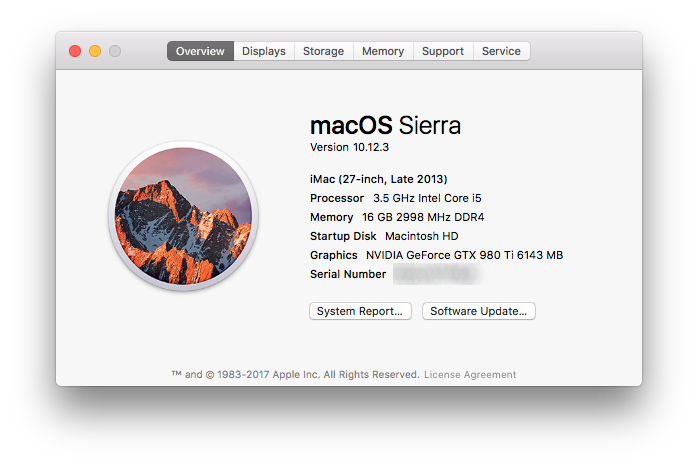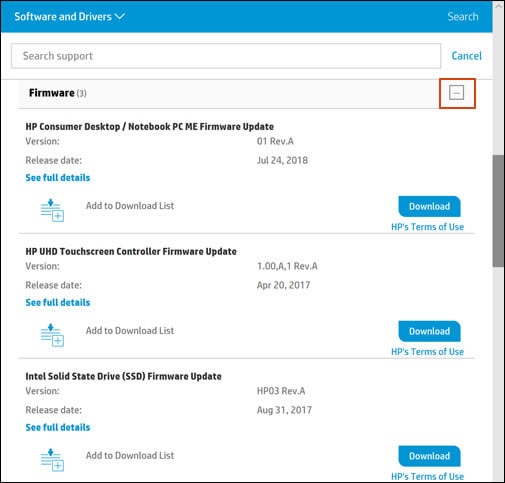Intel I5 Update
Picking a processor is one of the tougher choices you’ll make when buying a new desktop PC or laptop. Intel makes most of the CPUs on the market, but which is the best Intel processor for you? However, the chip-maker makes a lot of CPUs. There are various models – not just for desktops and laptops, but different styles within these categories too. Pes 11 download full version.
Intel I5 6500 Update

Oct 15, 2017 - Mainstream laptops running Intel's 8th Generation Core processors. In speed from the 7th Generation Core i5 to the 8th Generation Core i5.
• 6 years ago 6 seeders 7 Leechers • 7 years ago 2 seeders 8 Leechers • 7 years ago 0 seeders 1 Leechers • 7 years ago 0 seeders 1 Leechers • 6 years ago 6 seeders 25 Leechers • 6 years ago 3 seeders 26 Leechers • 6 years ago 6 seeders 5 Leechers • 7 years ago 0 seeders 1 Leechers • 7 years ago 0 seeders 1 Leechers • 7 years ago 0 seeders 2 Leechers. Mitchell on demand torrent pirate bay.
Here, we’ll break down the differences between Core i3 and Core i9, and look at what the jumble of numbers and letters in an Intel CPU name actually mean. And with Intel’s new 9th Gen CPUs recently released, it’s even tougher to find your ideal processor.
The, for example, might be an absolute powerhouse for creative tasks, but it’s not necessarily the best Intel processor to buy for gamers. Yup, it’s very much a head-scratcher.
To prevent your brain from overheating, we’ve created this guide to help you find the very best Intel processor to satisfy your needs. Related: Best Intel processor: Breaking down the Intel code Unless you want to shop for a refurbished or end-of-line bargain, first make sure you look at a 8th or 9th Gen CPU model.
• You can tell if a CPU belongs in this family by looking at the number directly after the ‘i3’, ‘i5’, ‘i7’ or ‘i9’ in the processor name. An Intel Core i9-9900K is a 9th-generation CPU. An i7-8550U is an 8th-generation chipset and the i7-7500U is from the 7th. While the 9th generation processors currently offer the best Intel Core processors, we’d currently suggest opting for an 8th-gen model instead given their more affordable prices. Buy any CPU older than that, however, and you’ll see a substantial dip in performance.
Intel Core I5 Driver Download
The letter at the end of a CPU’s name is the second most important part of the Intel code to note. In desktop CPUs, you’ll see either no letter at all, or a ‘K’. Need to stick to a tight budget, or making a PC for basic tasks? You’ll be fine with an Intel CPU without a letter. These are standard consumer-grade processors. K-series CPUs are ‘unlocked’.

This means you can overclock them more freely, increasing how hard they work to improve performance. These processors are for enthusiasts who put extra thought into the cooling system in their PC. Overclocking increases the level of heat a CPU creates, and can cause issues with a stock cooler. You can buy ‘standard’ and ‘unlocked’ versions of the Core i3, i5 and i7 processors.